Asperger's Syndrome, like Autism, belongs to the group of neurodevelopmental disorders. Hans Asperger – The disorder got its name from this Austrian doctor. It was adopted in the 1980s and persisted until 2022. The name is not used anymore because of the controversy surrounding Hans Asperger. He used immoral tests on children and condemned disabled people to euthanasia. He did not deserve to have his name carried by a disorder that affects many people.
But this is not the only reason why Asperger's Syndrome is no longer used. The same disorder has not replaced Asperger's Syndrome with a different name. The latest research on neurodiversity meant that changes were needed. The variety of mental experiences of neurodivergent people turned out to be greater, so a new approach was required.
To identify a specific disorder, psychiatrists use specialized classifications. Such classification systems are currently the DSM-5 and the ICD-11. Various countries use selected categories, but the DSM and ICD have many similarities. In the latest classifications, you won't find a disorder like Asperger's Syndrome. But in their previous versions, you could discover symptoms that characterize it as a disorder.
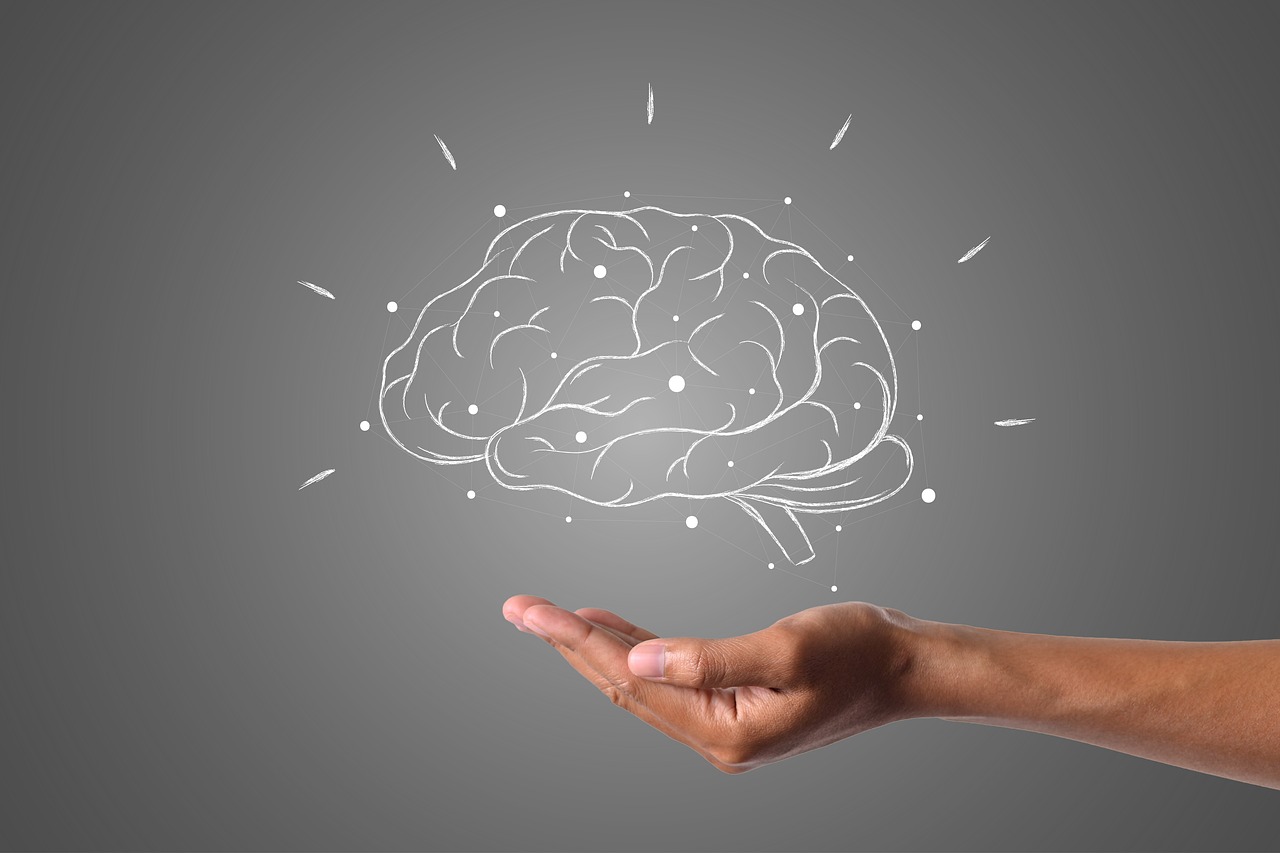
There were 37.2 million cases of Asperger's![]() in the whole world. What symptoms did psychiatrists suggest at the time?
in the whole world. What symptoms did psychiatrists suggest at the time?
DSM-5 is the latest classification of mental disorders, and the American Psychiatric Association approved it. It has been in effect since 2013 and replaced the previous edition of the type, DSM-IV. But in DSM-4 are the symptoms of Asperger's Syndrome![]() .
.
Asperger's Syndrome has symptoms similar to Autism. But there were some differences in diagnosis. Like in Autism, in Asperger's Syndrome, problems with social interaction![]() were a significant symptom. These included impairments in verbal and non-verbal contact. Also lack of spontaneity and lack of emotional reciprocity. In people with Asperger's Syndrome, low dynamic intensity and lack of empathy were indicated.
were a significant symptom. These included impairments in verbal and non-verbal contact. Also lack of spontaneity and lack of emotional reciprocity. In people with Asperger's Syndrome, low dynamic intensity and lack of empathy were indicated.
Also, a significant symptom was social alienation and repetitive behavior. People diagnosed with Asperger's had limited interests![]() , distinguished by a high level of intensity and unusual subject matter. For example, such people could become very fixated on a topic that most people do not care about. Such a person might know precise details about his or her interests, like the birth dates of famous people.
, distinguished by a high level of intensity and unusual subject matter. For example, such people could become very fixated on a topic that most people do not care about. Such a person might know precise details about his or her interests, like the birth dates of famous people.

The difference between Asperger's Syndrome and Autism was symptoms related to speech development and cognitive function. People diagnosed with Asperger's did not manifest speech issues. But it is seen in people with Autism. Asperger's patients also had statistically higher IQs. And higher manual skills.
Other additional symptoms that were present in Asperger's Syndrome were learning difficulties. It used to be that children with Asperger's had various problems in school. Teamwork, in particular, was difficult for them because it relied on interactions with peers.
Also, children with Asperger's Syndrome may have had an approach to learning that ignored disliked subjects and focused only on those subjects that were interesting to them. Mood disorders such as anxiety or depressive states also often co-occur. Eating disorders, hypersensitivity to stimuli, concentration disorders, a rich vocabulary, and problems with emotion regulation also occur.
For many years, Autism and Asperger's Syndrome have caused diagnostic difficulties for specialists because of the remarkable similarity of the symptoms. The criteria for diagnosis have changed many times and are still being updated. Disorders such as Asperger's and Autism have also been recognized as diseases of civilization. The number of children and adults diagnosed with these disorders has increased.
Therefore, the great interest in these disorders has meant that we now have more knowledge about them. Both the latest version of the DSM-5 and the ICD-11 distinguish ASD, Autism Spectrum Disorder. So the range of symptoms has been expanded, and Asperger's Syndrome now counts as part of the spectrum![]() . Not surprising since Asperger's, as well as Autism, have too many symptoms in common.
. Not surprising since Asperger's, as well as Autism, have too many symptoms in common.
Previously, differences were noted, and they were separated as separate disorders. It is now known that it was simply Autism. Autism can have very various symptoms. That everyone autistic is an individual and has a specific range of symptoms. Scientists are increasingly paying attention to the individuality of people. It makes it easier to diagnose a person and match them with the best possible therapy.

The changes that have been brought have many benefits and allow people with Autism Spectrum Disorder to have a better life. Currently, to avoid stigma, ASD is treated as a disability, and it is not a disease that can be cured and returned to “normalcy.” Neurodevelopment is entirely different in people on the Autism Spectrum. Therefore, they will face difficulties throughout their lives. But with the proper therapeutic support and increased awareness, it can help them greatly. The general symptoms of ASD![]() are problems that occur in two groups.
are problems that occur in two groups.
The word “spectrum” means that despite common characteristics, the skill level of autistic people can be highly varied.
The first group of symptoms can manifest themselves in various ways. Generally, people with Autism Spectrum Disorder notice that they feel entirely different from the rest of people since childhood. The sense of inadequacy![]() is powerful in them. This is because neurodivergent people think in another way than neurotypical people.
is powerful in them. This is because neurodivergent people think in another way than neurotypical people.
Autistic people have different behavior patterns, so they can often be misunderstood and rejected by their peers. They are therefore noticed to have interaction problems from a young age. Autistic people may face bullying at school. And in later life, they have trouble finding jobs. It is essential to raise awareness about Autism Spectrum so these individuals can find their way in our world and lead peaceful lives.

Symptoms from the second group concern the interests of autistic people. In those diagnosed, some similarities have been noted regarding leisure activities. People on the spectrum may have specific interests characterized by much greater intensity. People on the Autism Spectrum are often interested in more unusual things. Their interests are a significant part of their lives, not just a diversion. Such tendencies are called special interests![]() .
.
It could be trains, animals, unusual taste in music, or niche movies and series. As many autistic people as there are special interests, so it could be anything. What distinguishes these interests is the time they devote to them and the level of importance. These interests may not fit social norms, so autistic people may be perceived as strange.
In the past, treatment for Autism included limiting these interests. This symptom was considered harmful and destructive. However, it is now known that special interests for autistic people have special meanings and positive effects. They cause stress relief and increase life satisfaction. They can improve social skills and reduce anxiety. They improve concentration. Some even develop them to create a successful careers.
Autism Spectrum Disorder is still being studied. Recent theories point to various factors. No single root cause has been identified, so the interaction of several factors is suggested. It includes genetic and environmental factors![]() . Two of these factors can affect brain development. Neuropathologists indicate differences in brain development in people with Autism Spectrum Disorder, and it is abnormalities in the limbic system, frontal and temporal lobes.
. Two of these factors can affect brain development. Neuropathologists indicate differences in brain development in people with Autism Spectrum Disorder, and it is abnormalities in the limbic system, frontal and temporal lobes.
Genetic factors play a significant role in these brain development disorders. Therefore, siblings of people on the spectrum have a risk of being diagnosed with Autism as well. In addition, the risk can increase when environmental factors are present, in addition to genetic factors. This is especially true during the prenatal period. Insufficient folic acid may have an impact. Studies have not been confirmed. But folic acid supplementation is always recommended for pregnant women.
Also, the old age of the mother and father may affect the risk of ASD. And the presence of immunological diseases such as diabetes, psoriasis, or thyroid disease in the parents. Infections during pregnancy can also increase the risk and also premature birth. In addition, cesarean delivery and low Apgar scores are factors more consistently associated with Autism.
It is also important to remember that vaccines![]() can't cause Autism risk.
can't cause Autism risk.

Diagnosing Autism and other spectrum disorders has been difficult for years. More and more people are sharing their experience of being late diagnosed with ASD. It is tricky and hard to determine the exact number of people with ASD. Currently, many more men are diagnosed than women. Thus, this is because it has been more challenging to spot ASD symptoms in women![]() . Autism symptoms in women are also more atypical. It may be entirely related to the different upbringing and social norms for women.
. Autism symptoms in women are also more atypical. It may be entirely related to the different upbringing and social norms for women.
Women who were late diagnosed with ASD often admitted that they had experienced a “pretense of normality” throughout their lives. Thus, they noted a characteristic symptom of not fitting in with society. Very often, the female gender also tended to be treated differently by professionals. Stereotypes and prejudices can lead to misdiagnoses![]() . Women with ASD were often previously diagnosed with social anxiety, depression, general anxiety disorder, or borderline disorder.
. Women with ASD were often previously diagnosed with social anxiety, depression, general anxiety disorder, or borderline disorder.
Another reason why both men and women were diagnosed late may be the highly developed ability to mask. Masking![]() is one of the symptoms that may be present in people on the Autism Spectrum. Masking refers to an attempt to fit an autistic person's behavior into the norm. People on the spectrum usually notice their otherness but still crave the acceptance of others. It motivates them to observe other people and copy their behavior. Autistic people thus learn to behave generally so others do not notice their differences. Masking can therefore hinder the correct diagnosis of the disorder.
is one of the symptoms that may be present in people on the Autism Spectrum. Masking refers to an attempt to fit an autistic person's behavior into the norm. People on the spectrum usually notice their otherness but still crave the acceptance of others. It motivates them to observe other people and copy their behavior. Autistic people thus learn to behave generally so others do not notice their differences. Masking can therefore hinder the correct diagnosis of the disorder.
But ASD can be diagnosed very early – even 18 months of age. However, Autism is diagnosed more often at older age. The problems with diagnosing Autism are that there is no single accurate medical test. Mental disorders are more challenging to diagnose than physical illnesses. You can not make a simple blood test to detect the disease. A specialist needs a lot of information to make a diagnosis. They analyze the child's developmental history and life experiences.

The first thing you must know about ASD is that it is a lifelong disorder. People can not cure it with therapy or medication. ASD treatment is a disability, so treatment includes help with symptoms and comorbidities. Priority is given to symptom-based treatment for people with ASD. Treatment can also vary widely depending on the patient and the severity of symptoms. Treatment is also completely different depending on the patient's age – whether it is a child or an adult.
The most popular psychological approach to treating ASD is the behavioral![]() approach. It involves intervention where behaviors are studied to improve functioning and teaching skills. Early intervention with children can have a very positive impact on their development. It makes children with ASD have better social skills and do better in adulthood.
approach. It involves intervention where behaviors are studied to improve functioning and teaching skills. Early intervention with children can have a very positive impact on their development. It makes children with ASD have better social skills and do better in adulthood.
Behavior analysis is the best therapy for children with ASD. Children still need to be able to give informed and detailed interviews. Therefore, observation is essential. It should be carried out about 20-40 hours a week, along with training to increase social communication skills. Thus, early diagnosed ASD should be controlled and supported by parents and specialists.
In adults, it may look a little different. There are various group and individual therapy programs that adolescents and adults with ASD can benefit from. Interviews and feedback are essential. Therapy dramatically increases awareness and teaches valuable skills. Therapeutic pieces of training also often aim to reduce anxiety and other unpleasant symptoms associated with ASD.
Therapy for people with ASD can also be supported by pharmacological treatment![]() . ASD can significantly impede functioning due to co-occurring disorders such as anxiety and depressive states. Then medications are often suggested to patients as well. However, specialists use medications with extreme caution since people with ASD are more susceptible to the side effects of drugs. Specialists should consider the benefits of using medications and the potential risks.
. ASD can significantly impede functioning due to co-occurring disorders such as anxiety and depressive states. Then medications are often suggested to patients as well. However, specialists use medications with extreme caution since people with ASD are more susceptible to the side effects of drugs. Specialists should consider the benefits of using medications and the potential risks.
Recommended medications include antipsychotics, antidepressants, anticonvulsants, and stimulants. Medications also reduce unpleasant symptoms such as hyperactivity, impulsivity, aggression, impaired concentration, or insomnia.

Raising awareness of Autistic Spectrum Disorder is very important. Education about ASD will provide many benefits. We can improve the quality of life for people on the spectrum. It is essential to realize that people with ASD face unique concerns. Such problems are not found in neurotypical (non-autistic) people. Their lives are much more difficult. That is why they are referred to as disabled people. It is also essential to pay attention to new ways of diagnosis. They can make it easier for many people to be diagnosed correctly. This is because it has been noted that people diagnosed late with ASD were more likely to suffer various types of abuse.
Table of Contents

Autism Spectrum Disorders (ASD) are a group of developmental disabilities. Check out the symptoms and diagnosis. Learn, how to help… read more »
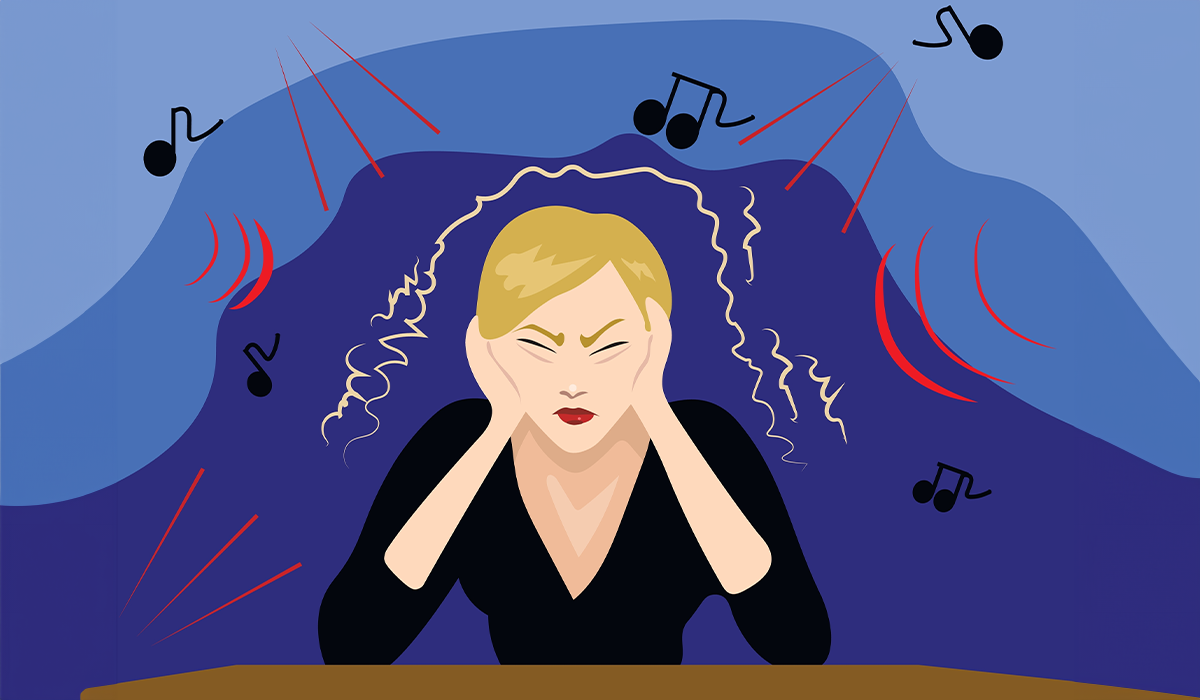
Misophonia is an inappropriately strong reaction to specific sounds. It occurs in many disorders. Learn about the meaning of misophonia… read more »
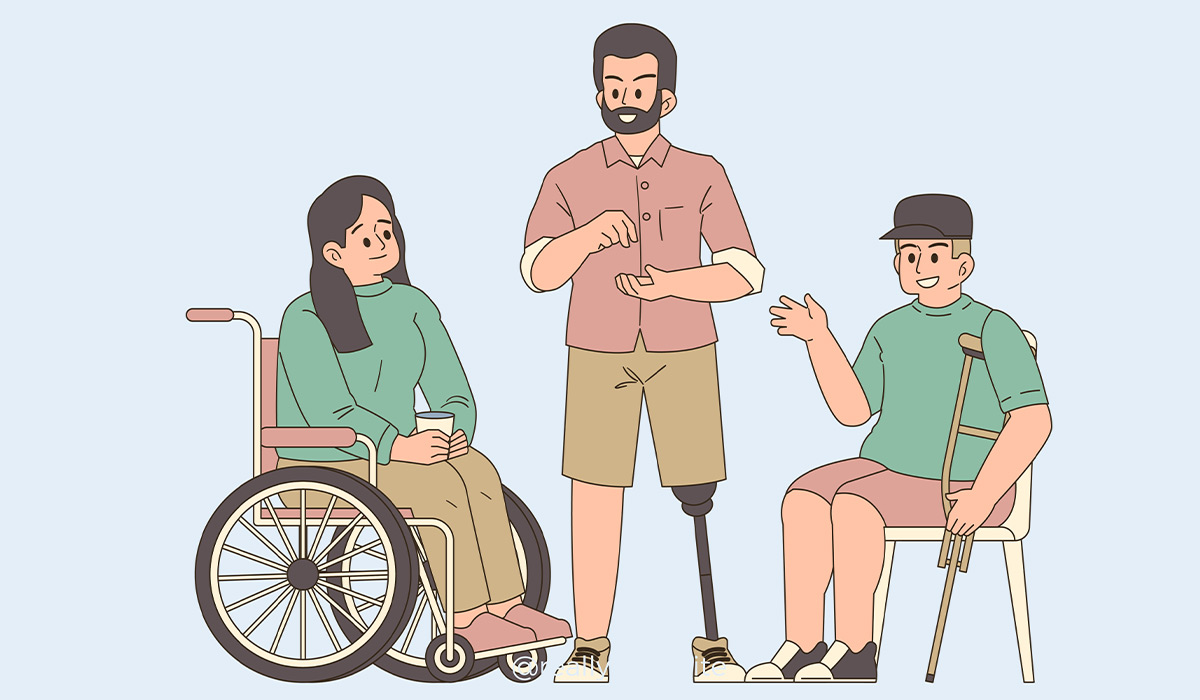
Disability allude to the lived experiences and the stories that are told at the side the physical or mental incapacities.… read more »
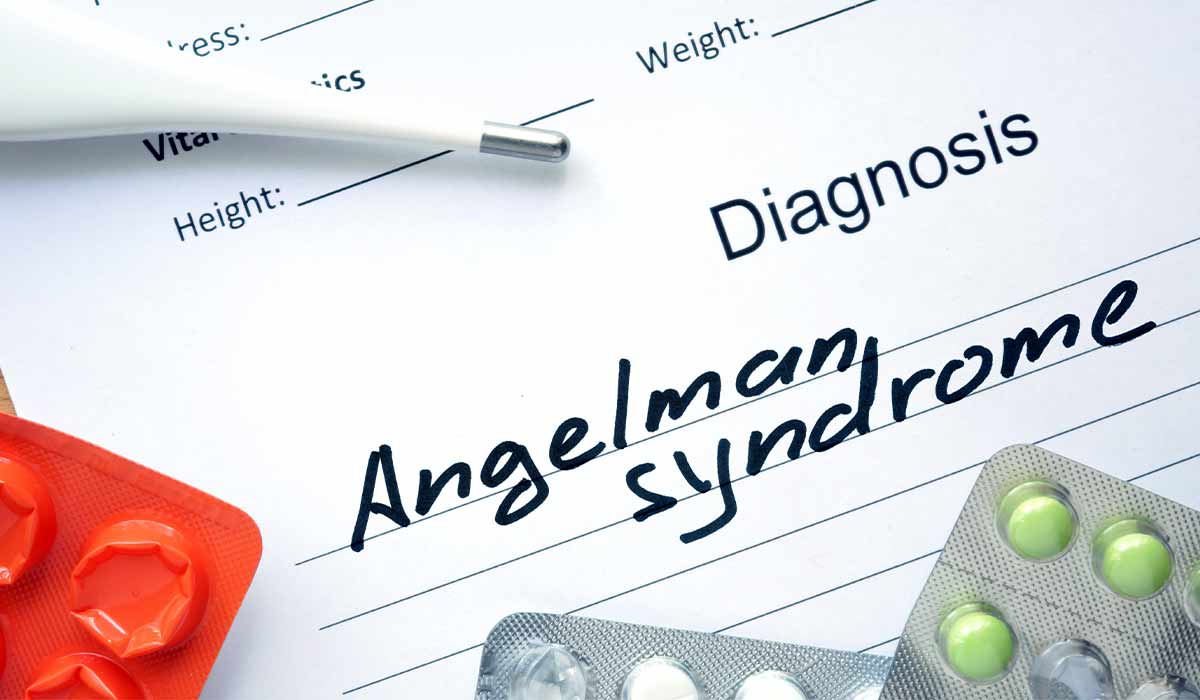
Angelman syndrome is a neurogenetic disorder that is often misdiagnosed. Find out what the characteristic symptoms are and learn about… read more »

Fatigue is a common symptom that can have various causes. If you want to eliminate fatigue during the day, it… read more »

ICD-10 stands for the International Classification of Diseases, 10th Revision, which is a medical classification system developed by the World… read more »

Bipolar disorder is a mental disorder characterized by the alternation of extremely different mental states – depression and mania. What… read more »

Ehlers-Danlos Syndrome is a group of diseases with a genetic basis. Learn all the symptoms associated with EDS. Find out… read more »
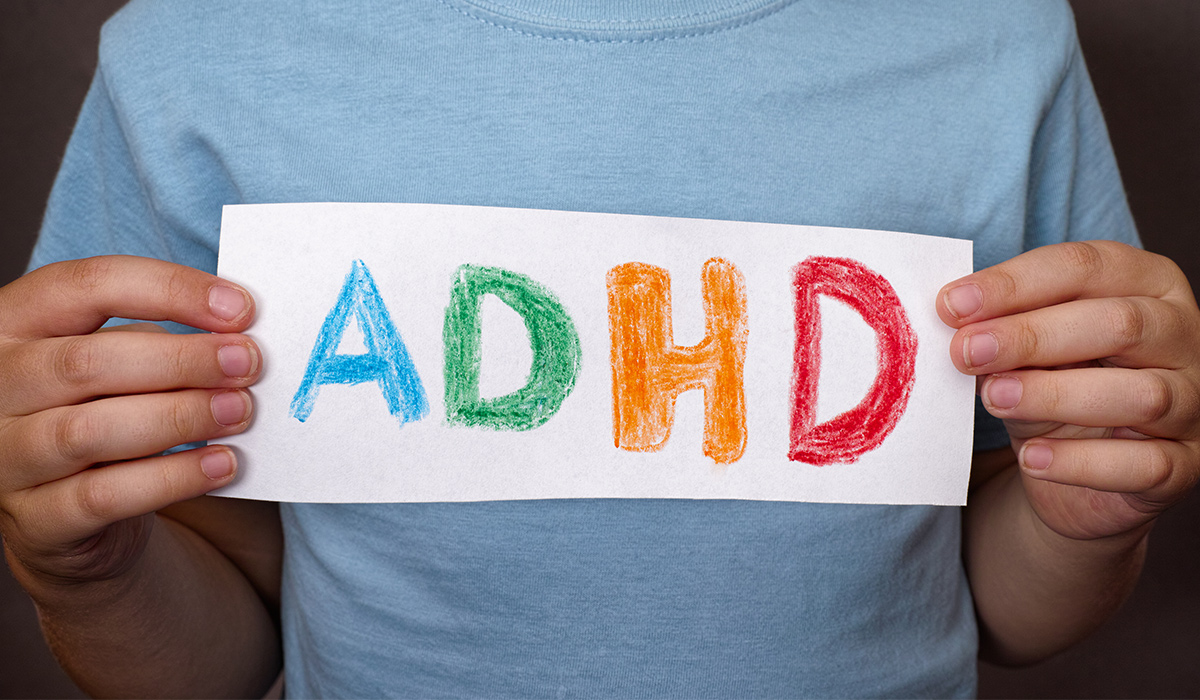
ADHD, or attention deficit hyperactivity disorder, is the general name for behavioral disorders. It is most common in children and… read more »